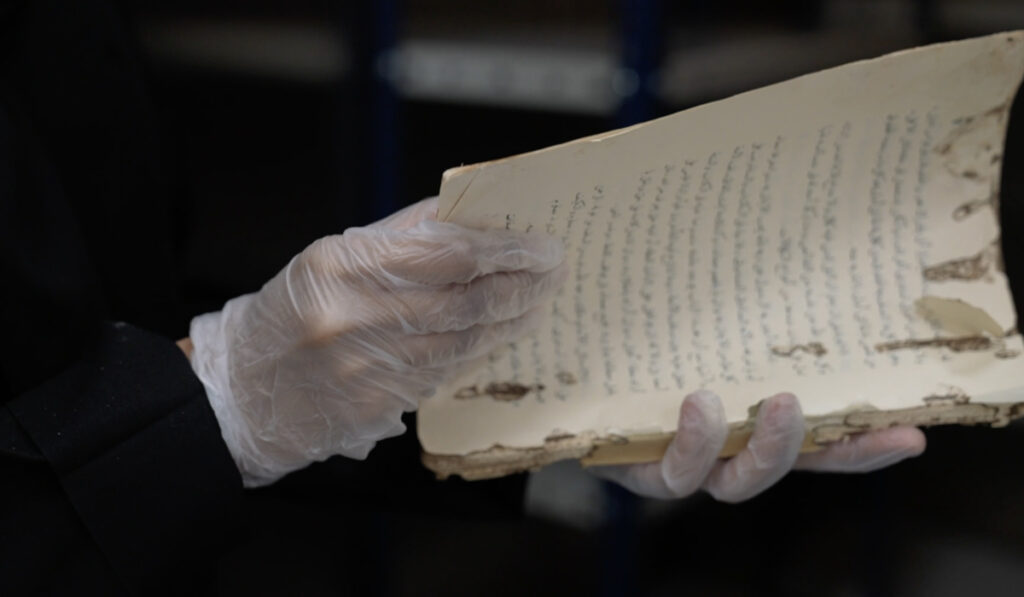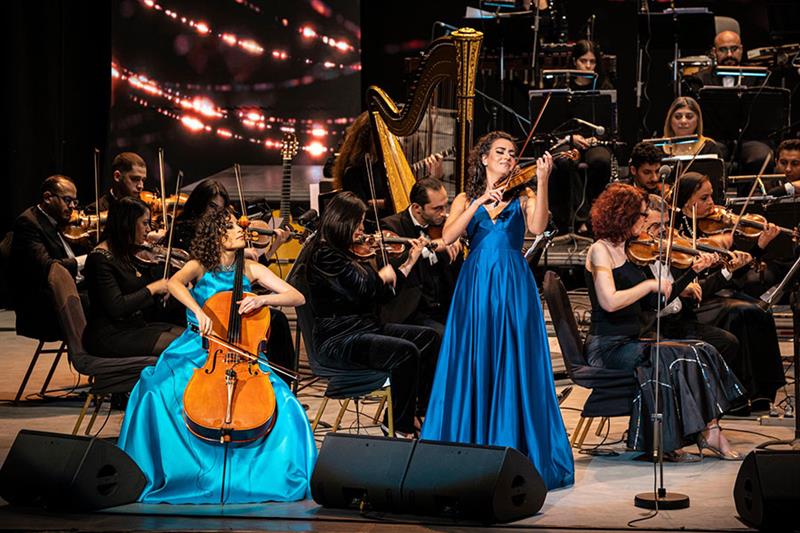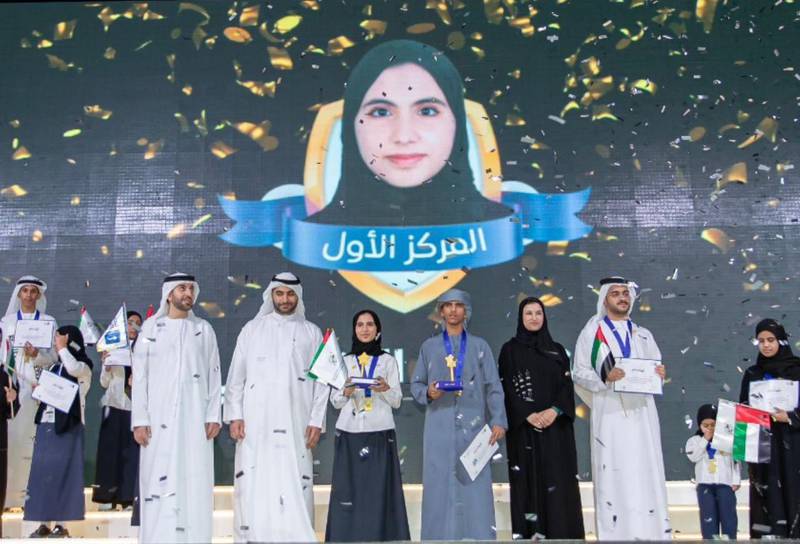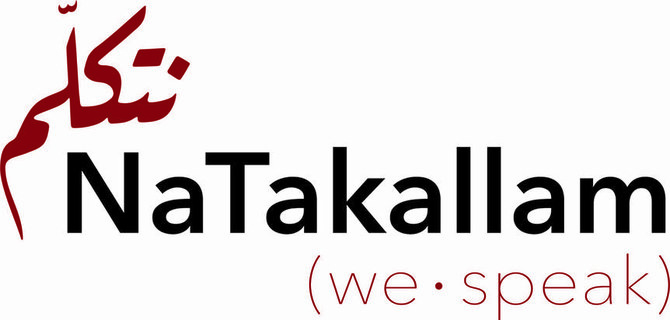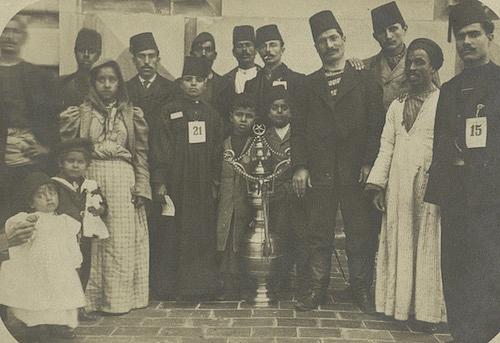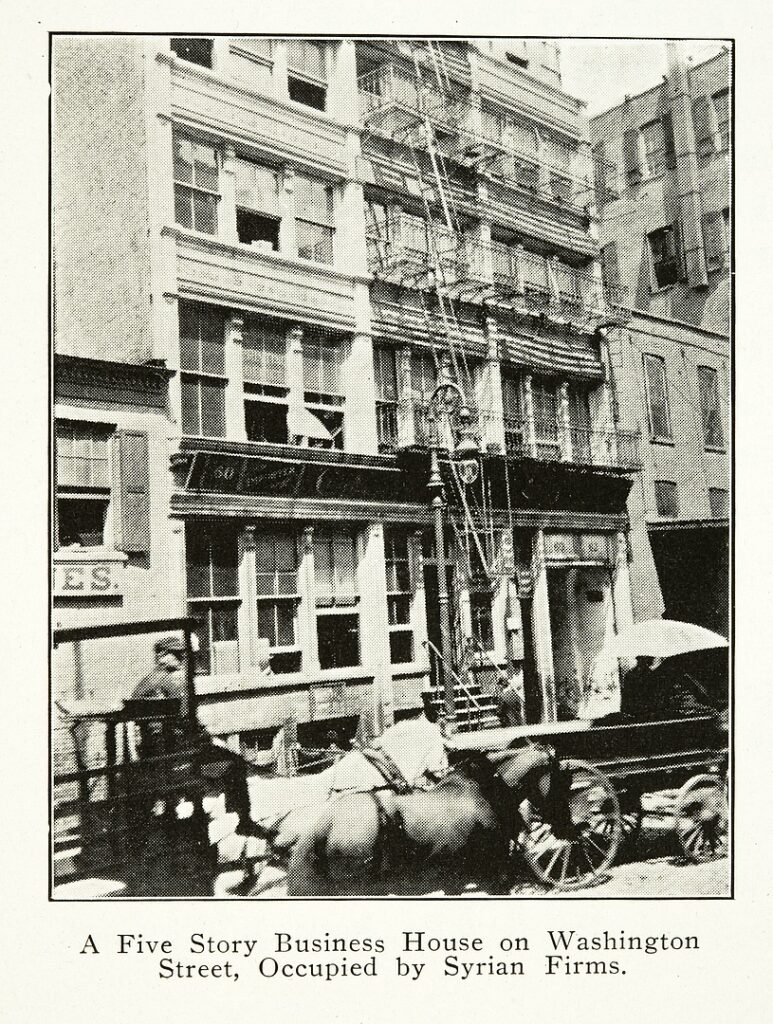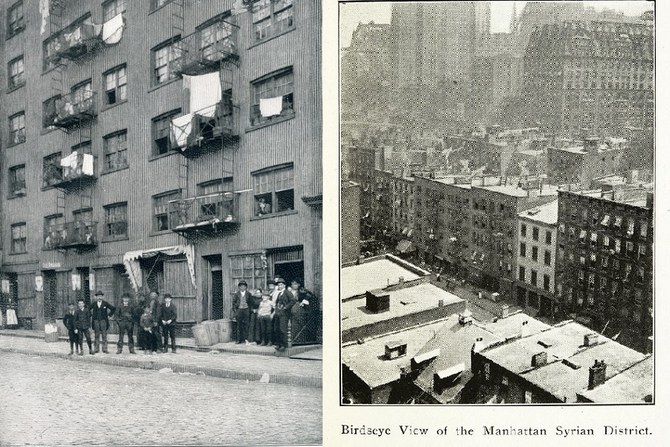Kalantan has become the first female director, the first non-European to win a BAFTA award in the Gamers category.
Rafif Kalantan has become the first student from Saudi Arabia to win a 2023 Yugo BAFTA Award, picking up the accolade in the Games Category for her submission ‘Eros Xavier’s Love Solutions’.
The Yugo BAFTA Student Awards is an annual event celebrating the works of the next generation of highly skilled and creative storytellers from around the world.
Kalantan, the first female director and the first non-European to win a BAFTA award in this category, was one of the students supported by Neom to attend the National Film and Television School (NFTS), one of the top-ranking schools to join its Master’s programme in Games Design and Development.
Kalantan’s entry ‘Eros Xavier’s Love Solutions’ is the culmination of an intensive two-year Master’s programme of training that provides students with the skills and creative knowledge to design, devise and build games, from inception to delivery.
‘Eros Xavier’s Love Solutions’ is a narrative-driven puzzle-like game. The game follows Eros Xavier, a retired cupid who is cynical about love and has decided to open a private business for hire as a match-breaker.
This year’s Yugo BAFTA Student Awards welcomed 754 submissions from 103 schools across 30 countries, including, Argentina, Belgium, the Czech Republic, Denmark, Hong Kong, India, Mexico, South Africa, and the United Arab Emirates.
Speaking about the award, Rafif Kalantan said: “I am honoured to have been selected as the winner of such a globally renowned award, especially being the first female director and first non-European to win this category. This wonderful achievement also showcases the capabilities of the developers from the Kingdom and the Middle East as a whole, and how the game industry in the region has a lot of potential. I am also grateful for the continued support and investment of Neom, which was an integral part of this achievement. Their continued support for us in the gaming field shows how much Neom believes in growing local talents and allowing them to thrive!”
Jon Wardle, Director of the National Film and Television School, commented: “The School is incredibly proud to be celebrating this achievement with Rafif as we celebrate the 10th anniversary of our Games Design MA. We’re also very grateful to Neom for continuing to help make our courses accessible with life-changing funding opportunities.”
Wayne Borg, Managing Director of Media Industries, Entertainment, and Culture at Neom, added: “On behalf of the entire Neom team, we extend our congratulations to Rafif for the well-deserved honour of receiving this prestigious award from BAFTA. This remarkable accomplishment is a testament to her exceptional talents and marks a momentous beginning for Rafif’s journey, and I’m sure she will achieve great things in the gaming world. We will continue to work closely with the National Film and Television School to nurture and empower more talented individuals as we develop our partnership and offer a unique blend of professional development, mentorship, and growth opportunities for emerging talent in the creative industries.”
source/content: broadcastprome.com /BroadcastPRO / (headline edited)
___________
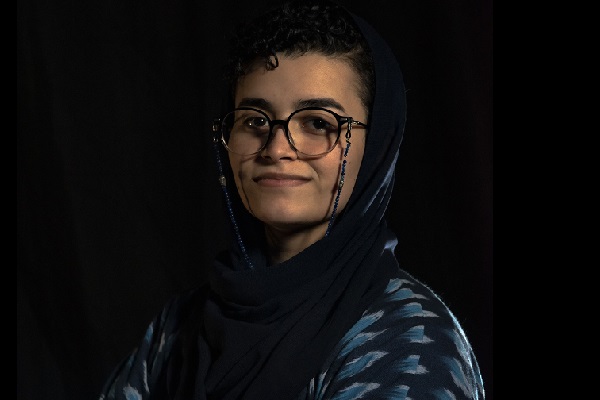
__________________
SAUDI ARABIA



